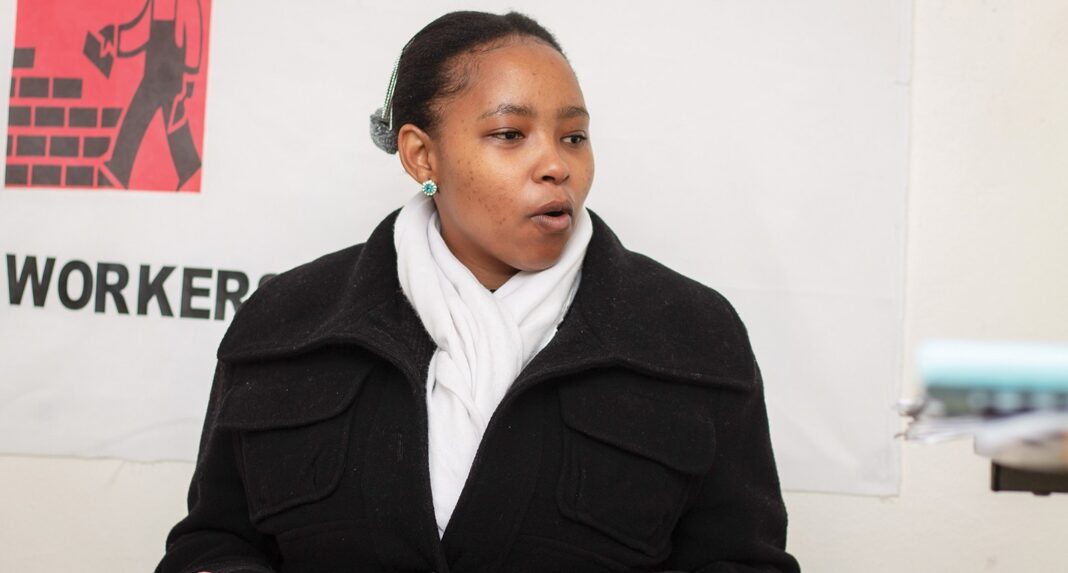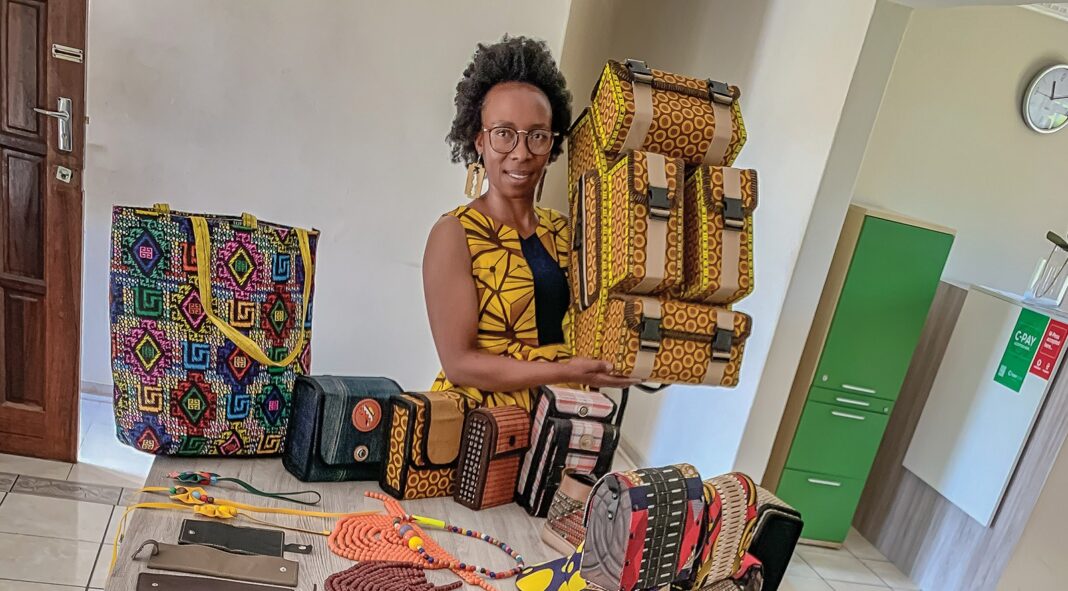By Staff Reporter
The capacity of some leaders of trade unions in the country to effectively perform their duties has become a subject of debate, with contrasting verdicts on their competence coming to the fore.
Trade union members are workers who have organised themselves together to improve benefits, pay, and work conditions. They might also have specific duties within the union.
While the general membership makes general policy decisions through voting, union leaders are required to meet the challenges of both representation and partnership by, among others, fulfilling the duty of fair representation.
They are also responsible for promoting union objectives, values and goals; explaining legislative and political action programmes; recruiting new members, both internally and externally; and keeping members informed about union policies, activities, and proposals.
In addition to these duties, union leaders communicate and lead the change process, uphold partnership principles, as well as advance and maintain the elements of shared decision-making.
However, there is a view among a section of labour experts that a considerable number of union officials – mostly in textile and construction industries – are not adequately skilled to deal with labour issues concerning their membership.
They experts reasoned that this is due to a supposedly low level of education, which limits the union leaders’ grasp of labour related matters and their general outlook on life.
However, the legal counsel for the Construction, Mining and Quarrying (CMQ) union, Advocate Katleho Koali, has a different take on the mater.
“I partly disagree with the position because most trade union leaders do attend training workshops and courses on matters such as conciliation to equip them with skills relating to their work. I can say when it comes to experience and knowledge, they possess them,” Advocate Koali said.
But she is also aware of some leaders’ shortcomings since she joined the labour movement.
“Their shortfall is drafting of papers to be filed before the labour court. Labour court papers are different from those of the DDPR (Directorate on Dispute Prevention and Resolution) which are short and straight forward. But when it comes to the labour court, the papers are complex by nature requiring extensive knowledge. That does not mean leaders can’t bring cases to that court, though” she noted.
Advocate Koali said emphasized that such union authorities know the principles that relate to the cases in question but “they might not effectively bring them before court in an understandable manner”.
In her view, those leaders understand their mandate to the workers, but sometimes fail to “advise membership accordingly in order to deal with the substance of the matter in question”.
She was also quizzed on how fully union officials are armed with collective bargaining skills for purposes of effectively improving terms and working conditions, in negotiations with employers.
“In our trade union, CMQ, we have the ability to enter into collective bargaining and negotiate with employers on terms and conditions at the workplace. If we reach a deadlock, we then issue a referral to the relevant body, the DDPR. As CMQ, we honestly do try to negotiate,” she argued,
At the time of the interview, CMQ officials were on a visit to Mokhotlong district to engage in negotiations with employers in the construction and mining sectors in a desperate attempt to bolster their membership.
Advocate Koali believes some union members might not understand what the trade union movement is and about, what its stands for, and its importance.
She was referring to the fact that only about 30 percent of the 30 000 workers in the textile and garment industry are unionised, according to Lesotho Employers Association findings of 2021.
“Perhaps, some union leaders are not doing enough to create awareness on labour matters among the workforce, notwithstanding that there is a significant number of members who are paying their monthly membership dues,” she indicated.
Weighing on the matter, a former human resource officer at a textile factory in Maseru and former acting arbitrator at the DDPR, Sechaba Makhasane, argued out that experience alone was not sufficient to equip a union leader with the requisite ability to stand for workers’ cause.
“Experience alone is not enough. It should be accompanied by some academic achievements so as to increase the capacity and skills of performance. Such education is necessary to consolidate the level of knowledge within the labour movement,” Makhasane advised.
The diploma in labour law holder boasts vast knowledge of human resource practices spanning almost 20 years. He has also been roped in to assist as an assessor in an assortment of labour court cases.
For his part, the deputy secretary general of the Independent Democratic Union of Lesotho (IDUL), Clarke Letsie, opined there is a need for trade union leaders to be knowledgeable and skillful enough to represent and defend workers.
“It is vital for union leaders to be well equipped with knowledge and skills to understand their role in labour related cases and disputes. Through proper training workshops, in addition to experience acquired in that regard over time, leaders may garner the necessary knowledge and capability to stand for workers,” Letsie enthused.
He cited an example of one of their leaders who, he said, did not go as far as high school but is able to stand tall in representing workers in labour disputes.
But Letsie could not totally deny there are some union leaders who, in some instances cannot efficiently represent their members as they may not be so conversant with labour related issues due to the low level of their school education.
In one instance, he remarked, one unidentified trade union leader could hardly reach a dispute settlement with a certain company representative as he could not fully grasp the issues involved. That, he added, led to the dispute settlement collapsing.
This publication has learned that the country’s labour law does not guarantee a certain level of education for unions’ leadership. The requirement, according to a labour lawyer who preferred anonymity due to the “sensitivity of the issue”, is whether the leader has an ability to assist either an arbitrator or a conciliator to reach a fair decision between warring parties.
In order to bolster their capacity to effectively represent workers in labour disputes, some unions resort to engaging services of professional lawyers who are conversant with labour laws.









